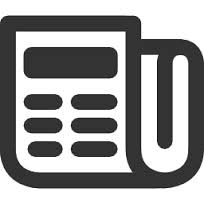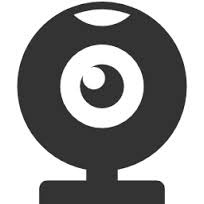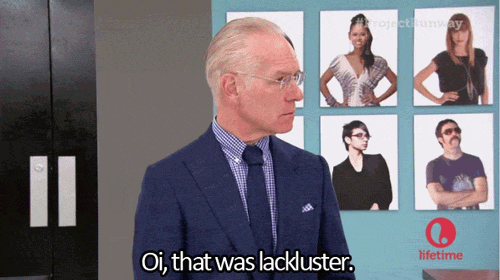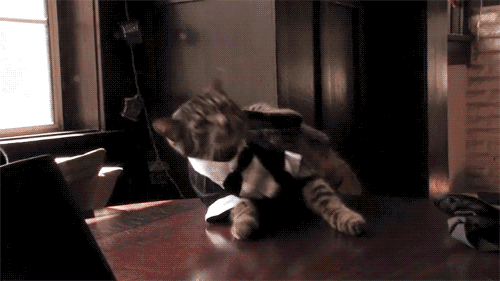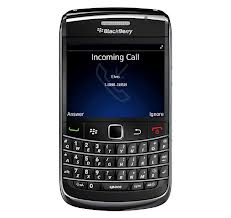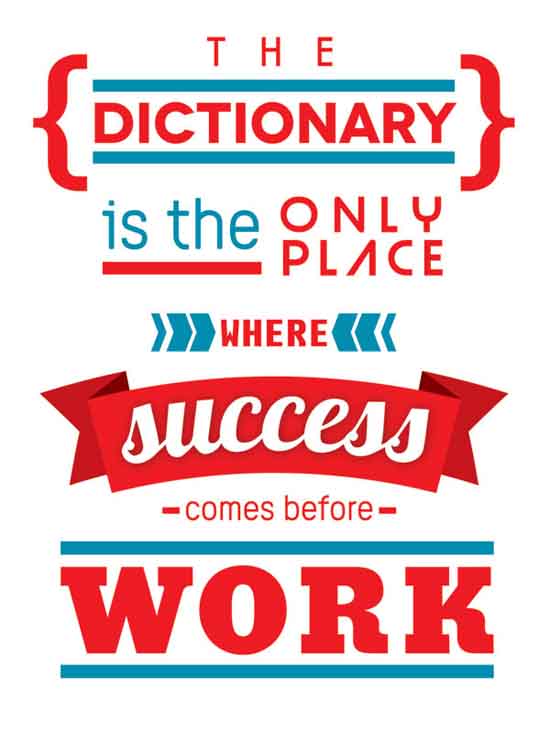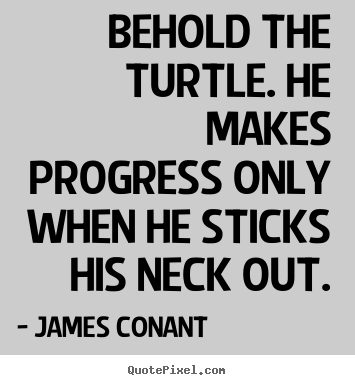If you’re waiting to hear back from an interview, don’t be idle. Use this time to continue your job search and keep making a positive impression.
- Send a thank you note or email.
Sending this email will show your interest in the job and may set you apart from other candidates that have note sent any follow up communication.
A thank you note does not have to be long, but it should be customized for each interview. Reflect on a topic of conversation unique to your meeting and mention how you learned from the interviewer or enjoyed the discussion. Reiterate your interest in the position and state that you appreciate the time he or she took to meet with you.
If you’ve interviewed with a panel, send a customized note to each interviewer. If you didn’t get business cards after the interview, try searching on the company website or contacting the company’s front desk for correct spelling of names.
- Analyze how you interviewed.
Right after the interview is the best time to assess your performance.
- Were you on time and dressed appropriately?
- Was there a question you struggled with answering?
- Did you answer any questions very well?
- Did you learn something new?
- Did the interviewer seemed interested in a particular answer?
This self-assessment will make you aware of any short falls. If you realize you failed to mention something during the interview that you feel is very important, you could incorporate that information in a follow up correspondence.
More than anything, this self-assessment will help you prepare for future interviews. Based on your review, determine if you should do more research on the company or practice answering questions in a mock interview. You can schedule a mock interview with a Career Development Specialist at one of our local American Job Centers in Connecticut.
- Update your job search records.
It’s critical to keep your job search organized. You should log your contacts and follow up results in a manner that is convenient for you. Job search records can be saved in a notebook, day planner, or Excel spreadsheet. You can also categorize your emails to save employer correspondence.
Keeping information organized only takes a few minutes a day, but has great benefits. With a log, you can review your progress and see how your efforts have paid off. The log can also be an indicator if you should try a new strategy in your job search to yield more contacts. The record can assist in achieving short-term job search goals and make you feel more motivated to continue on in your search.
A sample job search log for a week is below, but you can search many templates available online or customize your own to your preferences:
| GOAL OF THE WEEK: Contact 3 employers
Notes: |
O Complete O Not Complete
|
||||
| Monday | Tuesday | Wednesday | Thursday | Friday | |
| Applied to ABC Co. online (Customer Service Rep) and followed company on LinkedIn. | Sent cold contact email to Admin Recruiter, J. Cruz. | Attended networking event. Met A. Sanders, Manager of Office Co. | Interviewed for Office Assistant position with XYZ Corp. during recruitment event. | Emailed thank you note to XYZ Corp. recruiter. | |
| Notes: Application receipt notification. | Notes:
Sent resume by request, Cruz mentioned emailing me next week to discuss. |
Notes:
Connected on LinkedIn. |
Notes:
Struggled with, “Why did you leave your last job?” – Overall, interview went well. Will contact me within 2 weeks. |
Notes: |
|
These tips will keep your job search focused, active and goal-driven. Use the interview as a time to market yourself for the open position, but use the time after the interview to assess yourself and continue making progress in your search.


















